Hair care is essential not only for your looks, but also for your general health. Keeping your hair healthy by utilising the best organic haircare products allows you to look your best while also ensuring the health of your hair and scalp.
Regular visits to a respected salon and the use of organic hair care products ensure that your hair is as healthy as possible. Many people value the appearance of their hair, and it has a big impact on their self-esteem.
This is shown in a survey in which 88% of women feel the health of their hair is tied to their self-confidence.
The need for healthy hair in today’s society is a major factor in the popularity of organic hair products. Unlike products loaded with synthetic chemicals and harmful ingredients that cause long-term damage and leave your hair dull, brittle, dry, and lifeless when it was once full of life and shine, organic hair products are kind on the scalp and hair and have no negative side effects.
In line with the clean beauty movement in the skin care sector, a chemical- and toxin-free product line was also required for hair care. We are aware that organic hair care products are safe for our health as well as the world and its inhabitants, including animals.
Additionally, your scalp and general welfare will benefit when you avoid harmful synthetic ingredients and turn to natural hair products.
Understand Different Hair Types
Different hair types can be divided into groups according to their distinct qualities, including texture, thickness, and curl pattern. In order to assist individuals understand their hair and choose the right products and treatments, these categories are frequently used in the beauty and haircare industries. It is critical to comprehend your unique hair type and its features in order to select the best styling tools, treatments, and hair care products. It’s crucial to remember that each person’s hair may have a combination of these various qualities, so while creating a hair care regimen, take your hair’s specific requirements into account.
The following are some of the main classifications of hair types:
- Straight Hair (Type I):
- Straight hair is characterized by its lack of curl or wave. It lies flat against the scalp and typically appears smooth and shiny.
- This hair type can be fine or coarse and may be more prone to becoming oily, as natural oils can easily travel down the hair shaft.
- Wavy Hair (Type II):
- Wavy hair falls between straight and curly hair. It has subtle S-shaped waves and tends to have more volume and texture compared to straight hair.
- Wavy hair can vary in thickness and can be prone to frizz, especially in humid conditions.
- Curly Hair(Type III):
- Curly hair forms defined curls or spirals. It can range from loose, beachy curls to tight, corkscrew curls.
- Curly hair is often more prone to dryness, frizz, and can require specialized care to maintain its shape and health.
- Kinky or coil like Hair(Type IV):
- Coil like or kinky hair is the most tightly curled hair type. It forms tight, small coils or zigzag patterns.
- This hair type is prone to dryness and shrinkage and requires extra moisture and care to maintain its natural curl pattern.
- Fine Hair:
- Fine hair refers to the thickness or diameter of individual hair strands. It is characterized by thin, delicate strands that may appear limp.
- Fine hair can lack volume and may become oily quickly. It benefits from lightweight products to avoid weighing it down.
- Medium Hair:
- Medium hair is neither very thin nor very thick. It falls somewhere in between, offering a balanced texture.
- It can handle a variety of products and styles, making it versatile.
- Thick Hair:
- Thick hair consists of strands with a larger diameter, resulting in a dense and voluminous appearance.
- Managing thick hair can sometimes be challenging due to its weight and tendency to become bulky.
- Porous Hair:
- Hair porosity refers to how well hair absorbs and retains moisture. It can be categorized as low porosity (resists moisture absorption), normal porosity, or high porosity (quickly absorbs and loses moisture).
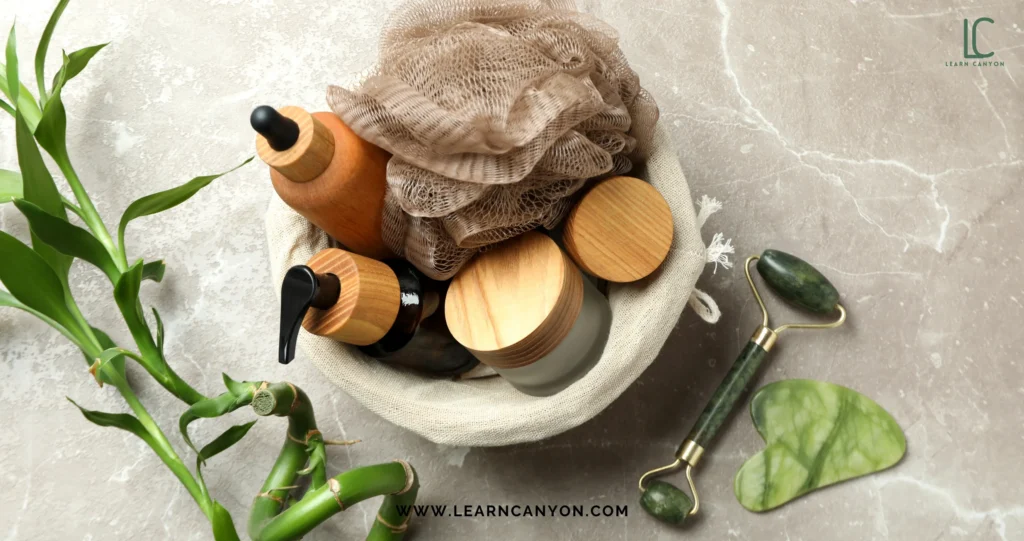
Factors that affect hair types:
Several factors can influence and determine an individual’s hair type, texture, and overall hair health. These factors include:
- Genetics:
- Genetics play a significant role in determining your hair type. The genes you inherit from your parents largely influence characteristics like hair texture, curl pattern, color, and density.
- Ethnicity:
- Different ethnic backgrounds often exhibit specific hair characteristics. For example, people of African descent tend to have coily or kinky hair, while people of Asian descent often have straight, thick hair. Ethnicity can also affect factors like hair color and susceptibility to specific hair conditions.
- Hormones:
- Hormonal changes, such as those that occur during puberty, pregnancy, and menopause, can affect the texture and thickness of your hair. Hormones can lead to changes in sebum production, which influences the overall health of your hair.
- Age:
- As individuals age, their hair can become finer, thinner, and lose its natural color. This is due to changes in hormone levels and a decrease in the hair’s ability to retain moisture.
- Environmental Factors:
- Environmental factors like climate, humidity, and air pollution can affect hair. For example, humidity can cause frizz in curly hair, while dry or polluted air can lead to damage and dryness in all hair types.
Other factors that also affect us and cause changes in our hair type are our general Health and Nutrition provided or lacked as a result of our food intake.
Lifestyle habits like Hair Care Practices that we follow, the use or in some cases excessive use of Styling products or equipments like hair dryers or curling or straightening irons, chemical treatments all affect the hair condition.
Last but not the least any Medications or Medical Conditions also affect our hair.
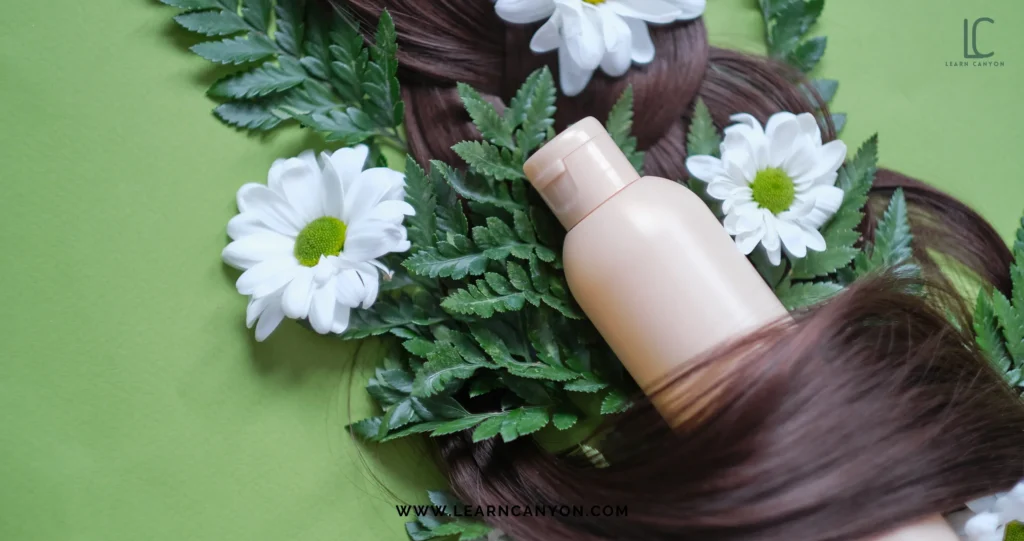
There are many ingredients that can be obtained form organic sources that can be used in hair care formulations that are organic. But it is important to choose the correct ingredient based on the type of hair that you have identified….
So then which ingredient is good for which hair type?
The answer lies here when we match ingredients with different hair types
Organic haircare products often tailor their ingredient selections to address specific hair types and concerns.
For Dry and Damaged Hair:
- Shea Butter: Shea butter is highly moisturizing and helps to repair and rejuvenate dry and damaged hair. It provides deep hydration and reduces breakage.
- Avocado Oil: Avocado oil is rich in essential fatty acids and vitamins, making it an excellent choice for nourishing and softening dry, brittle hair.
- Honey: Honey is a natural humectant that locks in moisture, making it beneficial for dry hair. It also adds shine and softness.
- Argan Oil: Argan oil is a potent source of moisture and antioxidants, perfect for revitalizing and adding luster to dry and damaged hair.
For Oily Hair:
- Tea Tree Oil: Tea tree oil has antimicrobial properties that help control excess oil and dandruff, making it suitable for oily scalps.
- Lemon Extract: Lemon extract has astringent properties that regulate oil production and leave the hair feeling refreshed and less greasy.
- Witch Hazel: Witch hazel is a natural astringent that can help balance oil production and soothe an oily scalp.
- Lavender Oil: Lavender oil can control oiliness while providing a calming fragrance for the hair and scalp.
For Fine or Limp Hair:
- Rosemary: Rosemary extract stimulates blood circulation in the scalp, promoting hair growth and adding volume to fine hair.
- Aloe Vera: Aloe vera gel adds moisture without weighing down fine hair and can help with scalp balance.
- Chamomile: Chamomile extract brightens hair and adds a subtle shine, making it a good choice for fine hair types.
- Lemongrass Oil: Lemongrass oil can boost hair volume while maintaining a fresh and clean scent.
For Curly or Frizzy Hair:
- Coconut Oil: Coconut oil is a natural frizz-fighter, deeply moisturizing and taming unruly curls.
- Shea Butter: Shea butter helps define and hydrate curls, reducing frizz and improving curl pattern.
- Argan Oil: Argan oil adds shine and controls frizz in curly hair, making it easier to manage.
- Flaxseed Extract: Flaxseed extract can enhance curl definition and reduce frizz, making it ideal for curly hair.
For Sensitive Scalp:
- Aloe Vera: Aloe vera has soothing properties and helps reduce scalp irritation and redness.
- Chamomile: Chamomile extract has anti-inflammatory effects, making it suitable for calming a sensitive scalp.
- Calendula: Calendula extract is known for its gentle, healing properties, which can soothe a sensitive scalp.
- Lavender Oil: Lavender oil has a calming and soothing effect on the scalp and is often used in products for sensitive skin.
In order to address some hair difficulties without resorting to harsh chemicals commonly found in traditional haircare products, these natural components offer a gentle and effective solution.
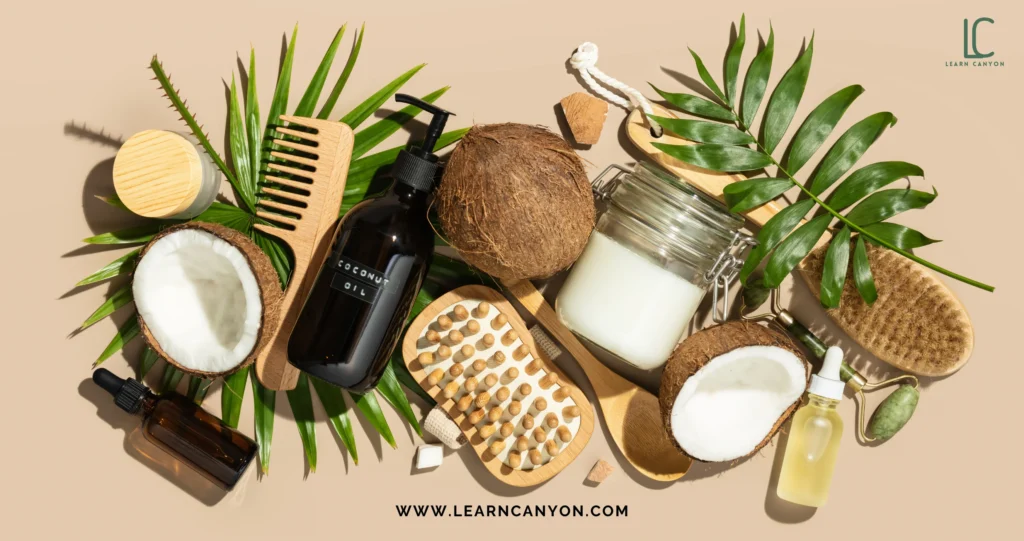
Here are some tips of organic haircare product formulations for different hair types
Daily Care Shampoo Base
| Ingredients | Qty in % | Function |
| Olivem 460 | 10.00 | Surfactant |
| Olivem 300 | 1.5 | Emollient |
| Sodium Lauryl Sarcosinate | 4,8 | Surfactant |
| Cocoamidoprpyl Betain | 10 | Foaming Agent |
| PEG 120 methyl glucose dioleate | 1.8 | Thickener |
| Sodium Lauroyl Glutamate | 5.00 | Anionic surfactant |
| Fragrance | 1.00 | Perfume |
| Organic water soluble preservative | 2.00 | Preservative |
| Water | Upto 100 | Solvent |
Using this organic daily shampoo base you can try different combinations for different hair type conditions….
For a Moisturizing Shampoo that is good for Dry and Damaged Hair: you could experiment with
· Aloe Vera gel that is hydrating.
· Coconut milk which is moisturizing
· Olive oil which provides a nourishing touch
· Honey which also provides humectancy
For increasing Volume for Fine Hair:
· A clarifying Chamomile tea.
· Hydrating Aloe Vera gel
· A cleansing agent in castile soap
· Or a Guar gum that acts as a thickener
For oily hair that need a Balancing you may use
· The green tea extract that is astringent in nature.
· pH balancing apple cider vinegar
· tea tree oil that acts as an antibacterial agent
For Dandruff-Control Shampoo for an Itchy Scalp:
· Neem oil that is antifungal.
· An antiseptic tea tree oil.
· An Organic moisturising aloe vera gel.
· pH balancing apple cider vinegar
Tips on Application and Usage of Organic Haircare Products
To get the finest benefits, organic hair care products must be applied correctly. I’ve included instructions for various hair kinds and issues below, along with some advice on using organic hair care products to keep healthy hair:
For Dry and Damaged Hair:
Apply an organic moisturising shampoo on thoroughly wet hair. Gently massage your scalp focusing specially on the hair roots. Work the lather down the length of your hair. Rinse thoroughly.
Apply an organic conditioner from mid-length to the ends of your hair. Leave it on for a few minutes before rinsing with cool water to seal the cuticle and lock in moisture.
For Fine Hair:
Apply a volumizing shampoo on wet hair. Be gentle while massaging your scalp to avoid overstimulating oil production.
After shampooing and conditioning, apply a volumizing leave-in conditioner to the roots and work it into your hair for added volume.
For Oily Hair:
Apply the organic balancing shampoo, paying extra attention to the scalp. Allow it to sit for a minute before rinsing. Avoid overusing conditioner, especially at the roots.
Periodically use an organic apple cider vinegar rinse to maintain the pH balance of your scalp.
For Curly Hair:
Apply the curly hair leave-in conditioner after shampooing and conditioning.
For Itchy Scalp and Dandruff:
Apply the organic dandruff-control shampoo, gently massaging your scalp to dislodge flakes. Leave it on for a few minutes before rinsing.
After shampooing, massage an organic soothing scalp oil into your scalp. Leave it on for a few hours or overnight before washing it out.
For Thin and Weak Hair:
Apply a few drops of the strengthening hair serum to your scalp and massage it in. Leave it on for a few hours or overnight. Shampoo and condition as usual.
Creating organic haircare products for different hair types requires a deep understanding of the properties and benefits of natural ingredients and a commitment to delivering effective, eco-friendly, and safe products. By following these guidelines, you can develop a successful line of organic haircare products that cater to a wide range of consumer needs.




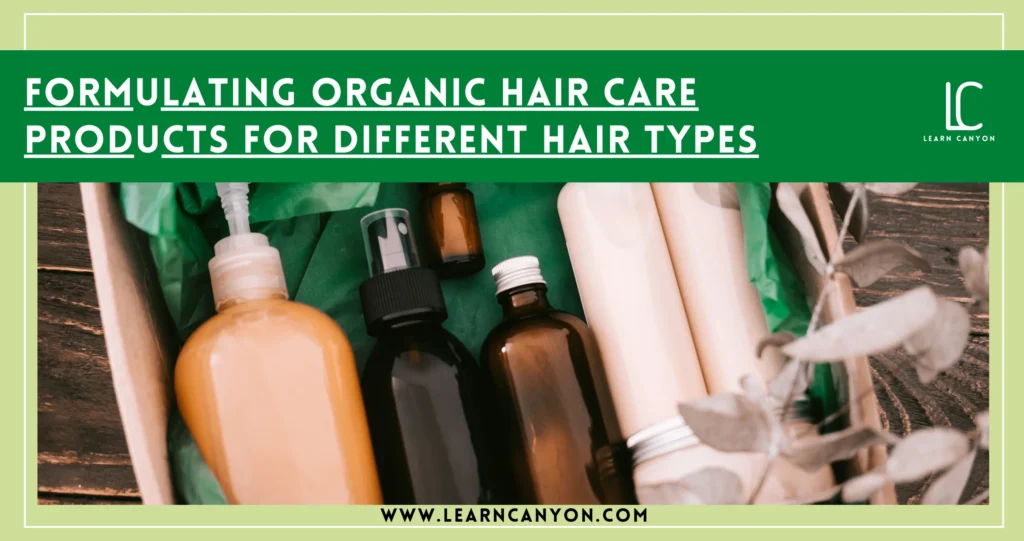

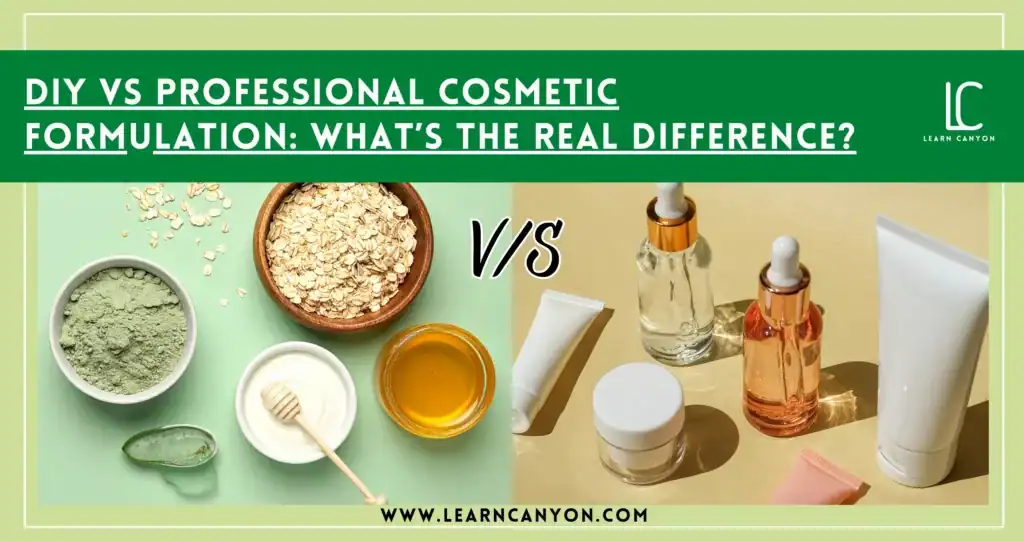
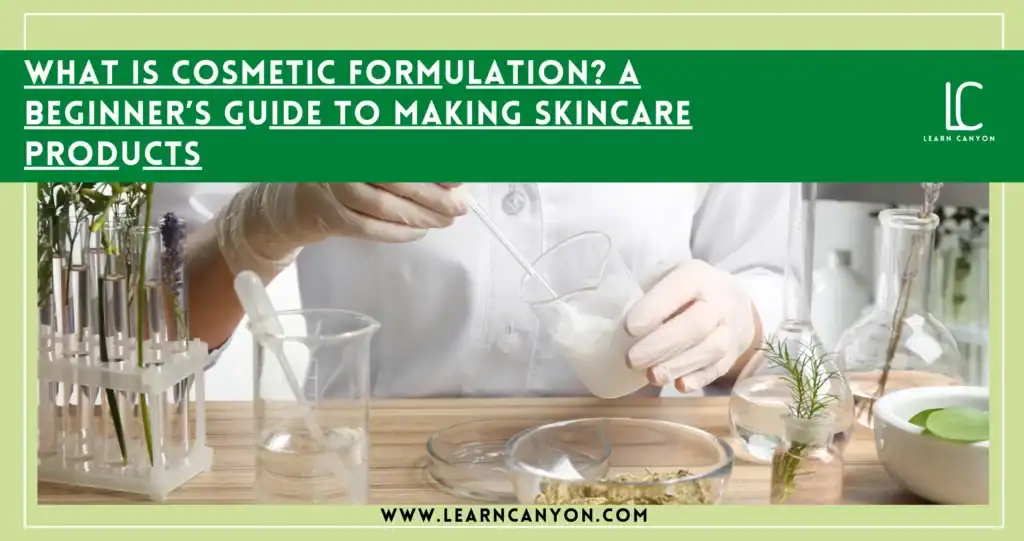
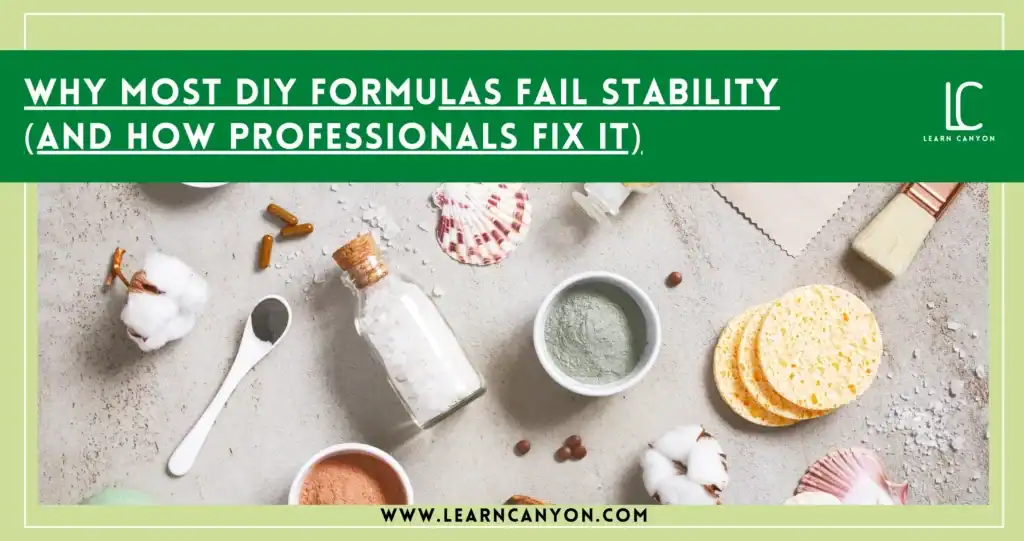



2 thoughts on “How to Formulate Organic Haircare Products for All Hair Types”
Thanks for sharing!!
God bless your generosity.
Shared knowledge always increases blessings